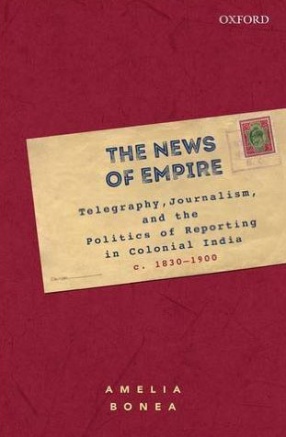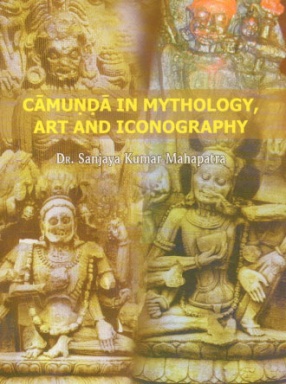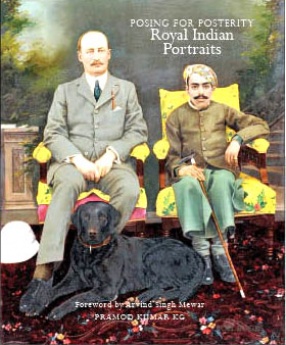On 14 July 2013, India closed down its telegraph service, drawing the curtain over an important chapter in its history of telecommunications. Introduced during the colonial period, the telegraph network was opened for public use on 1 February 1855; Both the beginning and the end of the service were marked by striking scenes of people ‘rushing’ to the telegraph office in order to send messages. Like the internet today, the new technology came to play an important role in the conduct of journalism in nineteenth-century India.
The news of empire reconstructs the interconnected history of telegraphy and journalism by drawing on a wide range of historical material and through an in-depth analysis of the newspaper press. Questioning grand narratives of ‘media revolutions’, Amelia Bonea argues that the use of telegraphy in journalism was gradual and piecemeal. News itself emerged as the site of many contestations, as imperial politics, capitalist enterprise and individual agency shaped not only access to technologies of communication, but also the content and form of reporting.





There are no reviews yet.